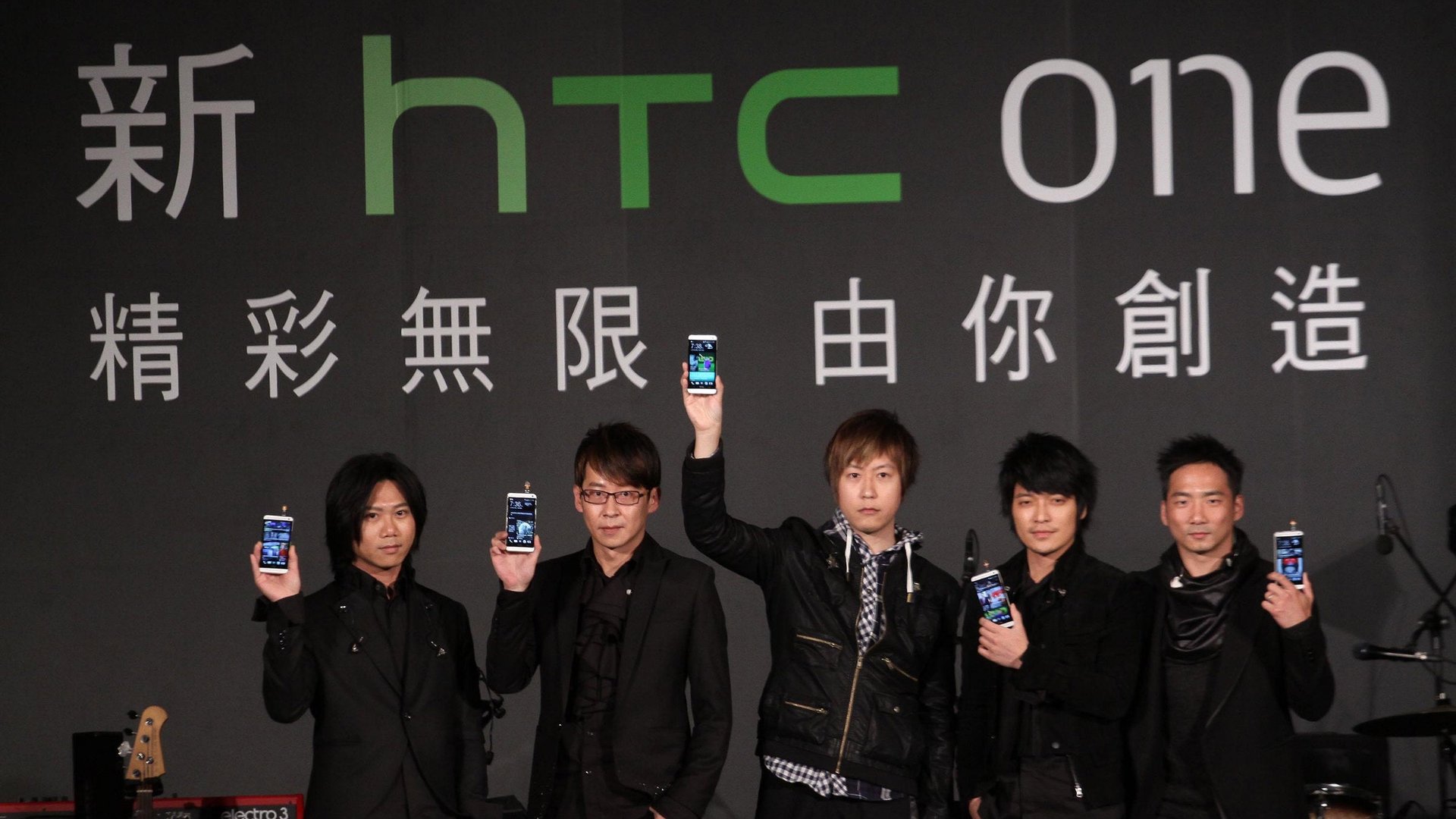NEC and HTC are proof that the smartphone market is a blood bath
It’s been a tough month for smartphone makers that are not named Samsung or Apple. Once among the top five sellers of handsets, HTC warned yesterday that it expects to see its first ever operating loss in the third quarter of this year. The company is expected to post profits of 0% to -8% on revenues of up to $2 billion. Analysts had expected profits ranging between 2% and 4% and revenue of $2.4 billion. CEO Peter Chou put an optimistic sheen on things, saying he hoped Q3 would represent a bottoming-out of the business, and that it would soon pick up again.


It’s been a tough month for smartphone makers that are not named Samsung or Apple. Once among the top five sellers of handsets, HTC warned yesterday that it expects to see its first ever operating loss in the third quarter of this year. The company is expected to post profits of 0% to -8% on revenues of up to $2 billion. Analysts had expected profits ranging between 2% and 4% and revenue of $2.4 billion. CEO Peter Chou put an optimistic sheen on things, saying he hoped Q3 would represent a bottoming-out of the business, and that it would soon pick up again.
Japan’s NEC wasn’t so confident. After weeks of reports that a potential partnership with China’s Lenovo had fallen through, NEC’s chief financial officer Isamu Kawashima said in a press conference today that his company would no longer compete in the smartphone market (paywall). As it is, NEC only had a presence in Japan, where it had been slow to appreciate the potential of smartphones and hadn’t been able to innovate. Its market share declined accordingly.
Panasonic, another Japanese firm, is also struggling to make money from mobile phones even as quarterly profits from the rest of its expansive business jumped by a factor of eight (paywall) to ¥108 billion ($1.1 billion) in the second quarter. Panasonic too might just dump its phone business. Its president, Kazuhiro Tsuga, has told reporters that he will raise profits “by eliminating unprofitable businesses.”
Panasonic and NEC have only themselves to blame. Japanese firms were late to the smartphone party and gave consumers no compelling reason to buy their products. By contrast, HTC was a global contender only a few quarters ago. Since then the company has lost momentum and its reputation for innovation. The recently launched HTC One, meant to revive its fortunes, failed to catch on despite good reviews. Meanwhile, its “Facebook phone” is all but forgotten.
These firms have been forced to compete for the scraps left by Samsung and Apple, which together sell half of all smartphones and make most of the profits. In the past five quarters, Nokia, Blackberry and Sony—all former giants—have fallen out of the ranking of top five smartphone brands by shipments. Jumping into the smartphone era was no doubt difficult for some companies with legacy, pre-smartphone businesses. But HTC made its name as a pioneer in Android-based smartphones. Its swift decline is a sign of just how brutal the market can be.